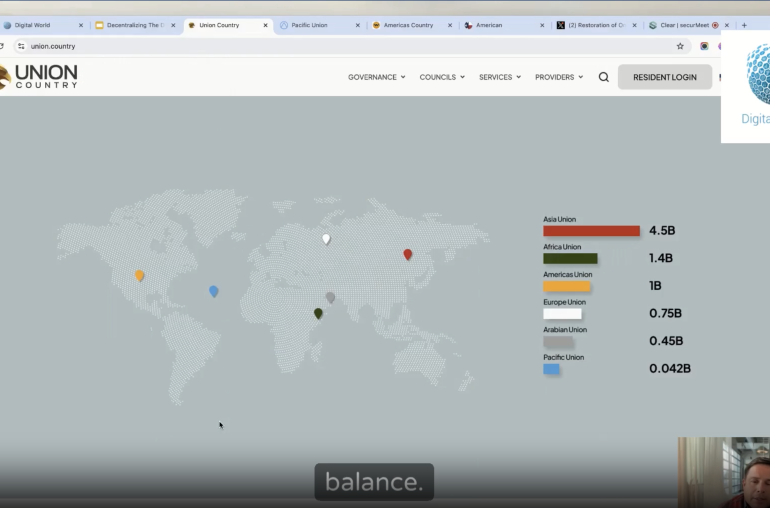In our rapidly evolving world, the concepts of “decentralization” and “centralization” are becoming increasingly relevant. At its core, centralization refers to a system where power and control are concentrated in the hands of a few dominant entities, such as major corporations in sectors like oil, finance, and technology. These corporations often collaborate closely with government institutions, which can limit individual autonomy and influence.
Conversely, decentralization aims to redistribute power, empowering individuals to take control of their own lives without excessive reliance on traditional governmental structures. This shift not only enhances personal freedom but also fosters a sense of self-governance, which can be incredibly liberating.
A fundamental aspect of effective decentralization is the use of personal encryption keys. Each individual possesses a unique key that is tied to their identity similar to biometric methods like facial recognition or fingerprints. This approach safeguards our information and ensures that we maintain control over it. Proper management of these keys, along with the implementation of blockchain technology, is essential for the success of decentralized systems.
The encouraging news is that many of the technical hurdles have already been addressed, and there is a growing enthusiasm about the future. If companies can collaborate and roll out these decentralized solutions at the right moment, we could witness a more user-friendly and secure digital landscape for everyone. For more insights, check out Digital.World.




